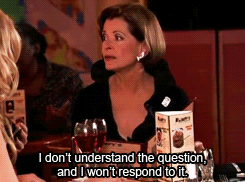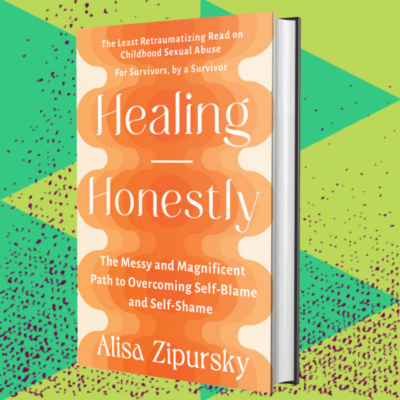This story may contain descriptions of PTSD symptoms, discussion of child sexual abuse, and the effects of trauma.
I thought we’d try something new: since I get a lot of questions from you all that touch on the same themes, that I would pick one that commonly comes up, and answer it in this space here. I post this question with the consent of the questioner, and all identifying details have been changed and removed from the question. Also, please remember, I am super not a doctor or trained professional, this is just support from a non-professional survivor. If you would like to submit a question anonymously to have me answer in this space click here.

Q. I have a lot of gaps in my memories from being a kid, like months and years, but I am sure that my grandfather sexually abused me. I have weird flashes of nightmares about him and it feels very creepy to be near him. He is my mom’s father, and I don’t know whether I should talk to my mom about it and I’m afraid she won’t believe me anyway. Should I tell her?
A. First of all, I want to say that I am so sorry that you had to experience this trauma. None of us should have to go through this and have to endure feeling violated and unsafe, especially in our families.
I also want to say, we live in a world that teaches us, both implicitly and explicitly, not to believe ourselves when we know deep down something terrible happened to us. It can make us feel super alone, or worry that we are making it up, but the truth so many of are just like you and you are not alone. I believe you, your pain is real and it matters.
When it comes to talking to our families about our childhood sexual abuse, there is no right answer (which sucks, I know). It can be incredibly difficult for us to predict how they are going to react, and that can make us very vulnerable.
My advice to you, (and remember, I have zero degrees, we are just talking survivor to survivor here, I am no trained professional), is to remember that you are in control here. You do not have to tell anyone you don’t want to tell that you are a survivor, ever. Your story is yours to tell, on your terms. The top priority is, now and always, your safety. Listen to what your gut tells you about what feels safe when it comes to whether or not you want to discuss your survivorship with your mother. Also, if it doesn’t feel safe right now, it doesn’t mean it will always feel that way. What’s most important is that your honor your instincts about what is best for you.
I also want to add that it can be so therapeutic to confide in someone that you trust and makes you feel safe, whether that is a parent or not. It can be so powerful, whether it is a cousin, or a friend, or an aunt or a partner, to have one person in your life who you can share your truth with who will see you clearly and stand by your side. Listen to your instincts about who that safe person may be in your life. I’ve written about how meaningful it was for me to have my one friend who believed me even when I had trouble believing myself. Knowing I had the support of my friend gave me the strength I needed to have conversations with my family members when the time was right for me.
The last thing I’ll add is that I’ve found having the right therapist or counselor has helped me a lot in navigating my relationships with my family members. I know we do not all have access to the mental healthcare we deserve, but if that is something that is available to you that can also be really helpful.
I know this is exhausting and hard, but remember, you are not alone, ever.
*Remember, I am super not a doctor, nor trained professional.
If you would like to submit ask it here.


